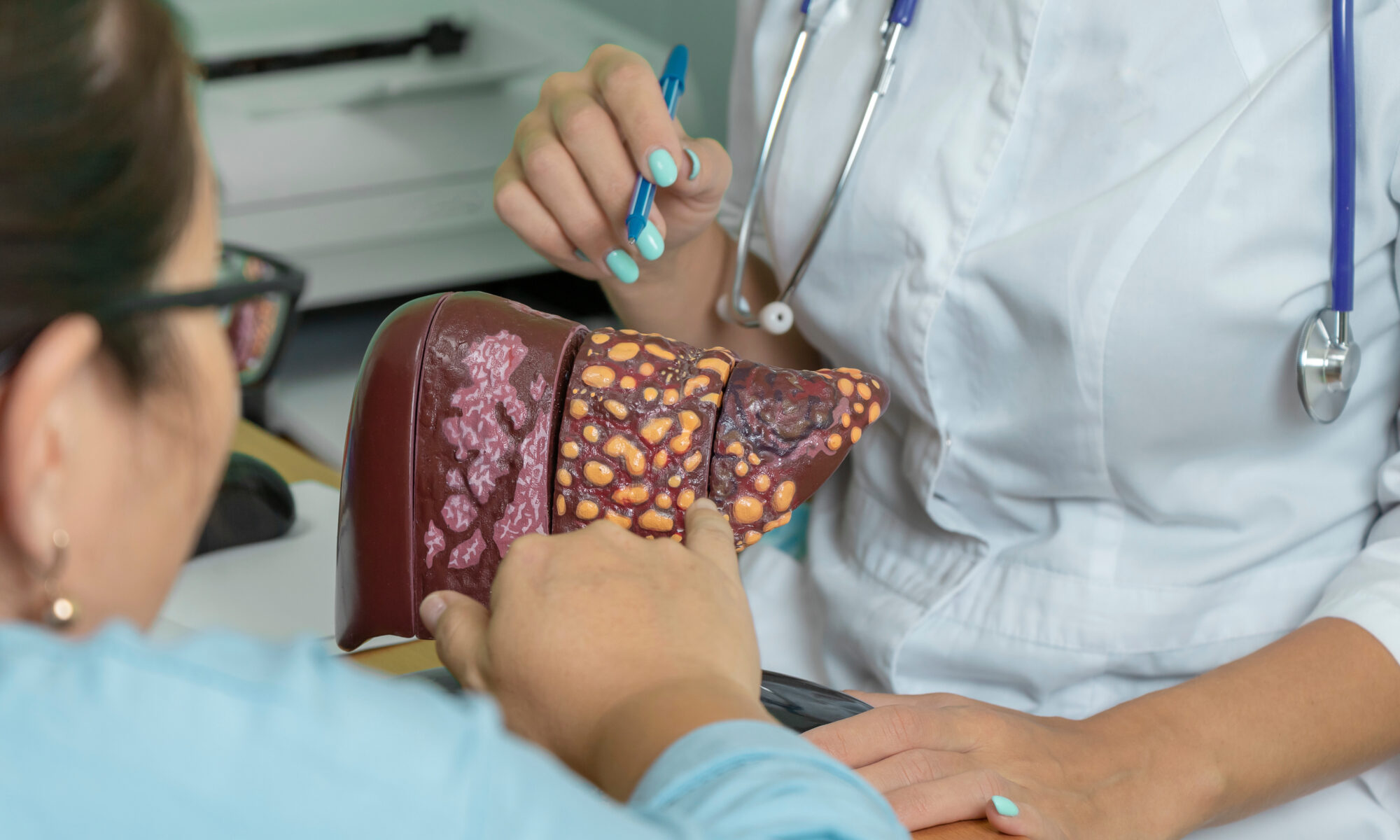Patients who are admitted to the hospital with cirrhosis have significant morbidity and mortality when they present with complications of end-stage liver disease. Complications such as hepatic encephalopathy and gastrointestinal bleeding lead to increased length of stay, readmission, intensive care utilization and inpatient mortality.
Led by Jamil S. Alsahhar, MD, medical director of inpatient hepatology at Baylor University Medical Center at Dallas, part of Baylor Scott & White Health (BSWH), the BSWH hepatology team is helping lead a new systemwide initiative to improve liver care in patients with cirrhosis across all of the hospitals in Baylor Scott & White Health. These best care pathways and quality measures are based on the explicit process-based and outcome-based measures for adults with cirrhosis developed by the Practice Metrics Committee of the American Association for the Study of Liver Diseases. The hepatology team is working with the BSW Unsupported Clinical Variation Core Team Meeting to develop these standards.
Learn more about our program for liver health.
Dr. Alsahhar is leading the effort to design interventions for early antibiotic administration for gastrointestinal bleeding in patients with cirrhosis. In addition, he is helping to lead interventions to reduce readmissions for hepatic encephalopathy. This includes collaborating with Pharmacy and Care Coordination teams to provide appropriate medications at discharge to prevent readmissions.
“It truly is exciting to be able to leverage the integrated health care system resources and EMR technologies to identify patients at high risk for complications and intervene at an early stage to improve the quality of care we provide,” Dr. Alsahhar says.
Baylor Scott & White is also a pilot site for the Cirrhosis Quality Collaborative, a consortium of centers looking to improve liver disease care across the United States. Both of these initiatives serve to improve cirrhosis care at the regional and national level.







